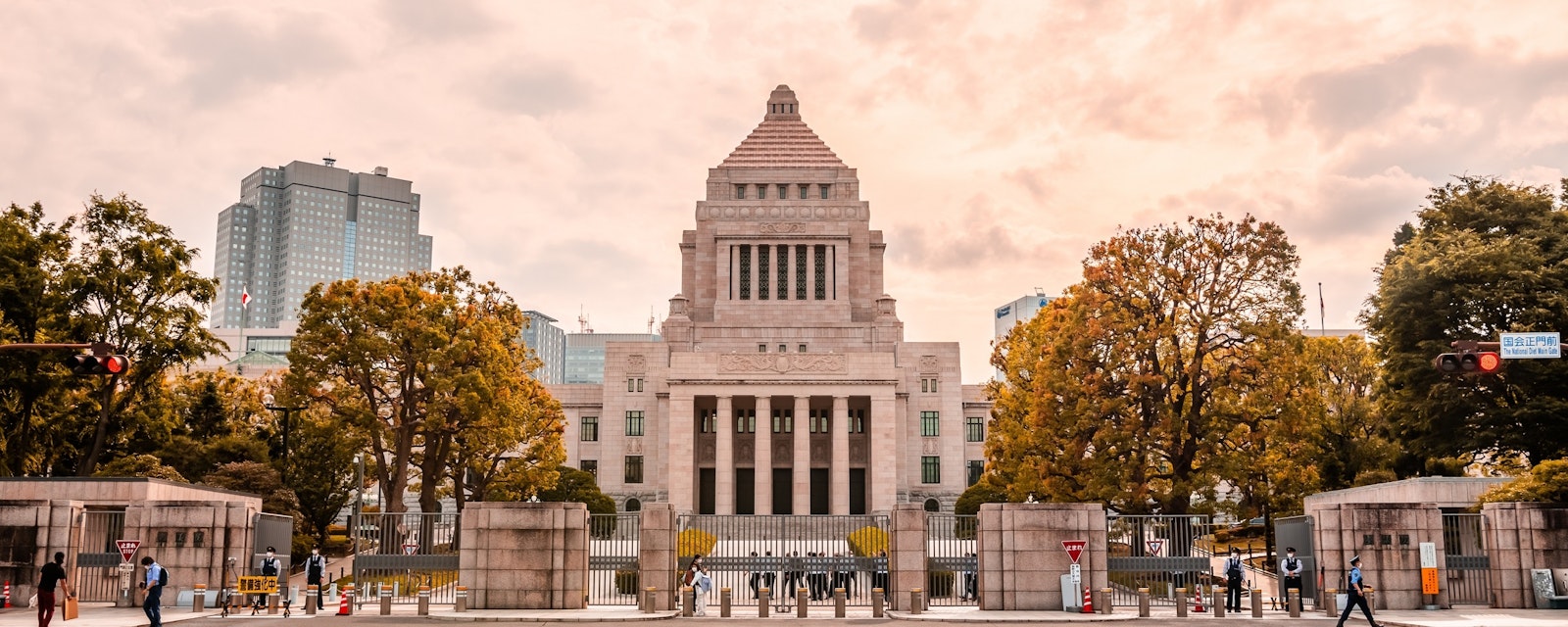Demographic decline is the most fundamental issue affecting Japan’s future, and Prime Minister Fumio Kishida’s decision to put children and child-rearing policies at the top of his domestic agenda for 2023 makes sense politically. The issue evokes existential worries about the nation's future among voters, and being seen to take action could potentially have a large payoff for a leader with chronically low net approval ratings.
Kishida told the newly opened ordinary Diet session that Japan was on the verge of not being able to maintain its social functions and promised significant new measures to help support child-rearing, in areas such as child allowances, childcare services and work-style reforms. The government will draw up detailed proposals by the spring, and a new Children and Families Agency will launch in April to better coordinate children-related policies in ministries other than education. The new policy measures will be included in the first draft of the FY2024 budget outline due in June, with the prime minister promising to double the current JPY 4.8tn (USD 37bn) budgetary expenditure in the area.
However, money alone will not fix a complex problem that has roots in issues like the gendered labor market, an elementary school system largely premised on free labor contributions from full-time homemakers and a corporate culture that has traditionally rewarded inputted time over outputted value. Late former premier Shinzo Abe's 'Womenomics' agenda (including promises to improve daycare provision) had no discernible impact in slowing the falling birthrate, and a successful policy push this time would require the Kishida administration to demonstrate some truly innovative thinking.
Elsewhere in the speech, the prime minister highlighted major pieces of legislation among the 60 bills due to be submitted during this Diet term, which is scheduled to run until 21 June. These include elements of the new national security strategy with JPY 6.8tn of defense spending in FY2023; a ‘green transformation’ (GX) bill that will extend the operational lifespan of Japan’s existing fleet of nuclear reactors and pave the way for building a new generation; and further measures in relation to the Unification Church scandal, which helped cut the Kishida Cabinet’s gross approval ratings in half in 2022. By 31 March, the Diet must also pass the JPY 114.4tn (USD 875bn) FY2023 budget bill, featuring JPY 35.6tn of new government borrowing.
New borrowing versus tax rises will be a key question this parliamentary term. In his address to the Diet, finance minister Shunichi Suzuki warned of 'unprecedented' pressures on the public finances in the wake of Covid-19 economic countermeasures and reiterated the administration’s optimistic goal of achieving a primary budget surplus by FY2025. In December, Kishida signaled plans to pay for about a quarter of the initial new defense spending via a corporate tax surcharge on larger firms, an extension to an existing income tax surcharge for post-2011 reconstruction, and higher tobacco duty, but the announcement generated strong resistance within the ruling Liberal Democratic Party (LDP). To fund new child-rearing measures, Kishida this time hinted at raising social insurance premiums and widening the base for universal health insurance, while Kishida-aligned figures recently floated the idea of a consumption tax hike.
All of which portends some challenging months ahead. The LDP's powerful Abe wing has pushed back against any tax increases in favor of modern monetary theory-inspired debt funding. Several opposition parties are planning to work together to use the specter of tax hikes to drain further support from Kishida, and public opinion is unsurprisingly against any rises. Yet the Bank of Japan (BOJ)’s effective interest rate rise in December was a timely reminder that borrowing costs for Japan’s titanic public debt are only likely to increase under the next BOJ governor. No fiscal decisions now look likely before the countrywide regional elections due in April, and Kishida has reiterated that he would call an early general election (probably in 2024) before implementing any tax rises.




